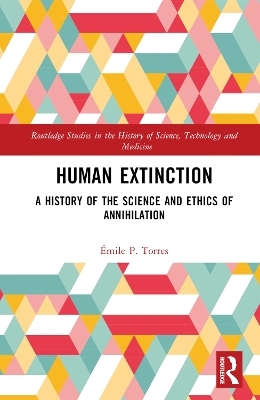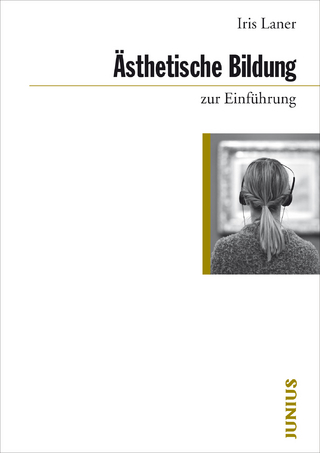
Human Extinction
A History of the Science and Ethics of Annihilation
Seiten
2023
Routledge (Verlag)
978-1-032-15906-5 (ISBN)
Routledge (Verlag)
978-1-032-15906-5 (ISBN)
This volume traces the origins and evolution of the idea of human extinction, from the ancient Presocratics through contemporary work on "existential risks."
Many leading intellectuals agree that the risk of human extinction this century may be higher than at any point in our 300,000-year history as a species. This book provides insight on the key questions that inform this discussion, including when humans began to worry about their own extinction and how the debate has changed over time. It establishes a new theoretical foundation for thinking about the ethics of our extinction, arguing that extinction would be very bad under most circumstances, although the outcome might be, on balance, good. Throughout the book, graphs, tables, and images further illustrate how human choices and attitudes about extinction have evolved in Western history. In its thorough examination of humanity’s past, this book also provides a starting point for understanding our future.
Although accessible enough to be read by undergraduates, Human Extinction contains new and thought-provoking research that will benefit even established academic philosophers and historians.
Many leading intellectuals agree that the risk of human extinction this century may be higher than at any point in our 300,000-year history as a species. This book provides insight on the key questions that inform this discussion, including when humans began to worry about their own extinction and how the debate has changed over time. It establishes a new theoretical foundation for thinking about the ethics of our extinction, arguing that extinction would be very bad under most circumstances, although the outcome might be, on balance, good. Throughout the book, graphs, tables, and images further illustrate how human choices and attitudes about extinction have evolved in Western history. In its thorough examination of humanity’s past, this book also provides a starting point for understanding our future.
Although accessible enough to be read by undergraduates, Human Extinction contains new and thought-provoking research that will benefit even established academic philosophers and historians.
Émile P. Torres is a philosopher whose research focuses on existential threats to civilization and humanity. They have published widely in the popular press and scholarly journals, with articles appearing in the Washington Post, Aeon, Bulletin of the Atomic Scientists, Metaphilosophy, Inquiry, Erkenntnis, and Futures.
1. An Apocalypse Without Kingdom Part 1: Existential Moods 2. Beginnings of "The End" 3. ‘Till Entropy Death Do Us Part 4. The Invention of Omnicide 5. Nature Wants to Kill Us 6. The Perfection of Evil Part 2: Existential Ethics 7. What Is Human Extinction? 8. Early Ruminations 9. Ethical Innovations of the Postwar Era 10. Astronomical Value and the Harm of Existence 11. Recent Developments 12. Looking Forward to the Future
| Erscheinungsdatum | 20.07.2023 |
|---|---|
| Reihe/Serie | Routledge Studies in the History of Science, Technology and Medicine |
| Zusatzinfo | 19 Line drawings, black and white; 2 Halftones, black and white; 21 Illustrations, black and white |
| Verlagsort | London |
| Sprache | englisch |
| Maße | 152 x 229 mm |
| Gewicht | 940 g |
| Themenwelt | Geisteswissenschaften ► Philosophie |
| Naturwissenschaften | |
| Sozialwissenschaften | |
| ISBN-10 | 1-032-15906-5 / 1032159065 |
| ISBN-13 | 978-1-032-15906-5 / 9781032159065 |
| Zustand | Neuware |
| Haben Sie eine Frage zum Produkt? |
Mehr entdecken
aus dem Bereich
aus dem Bereich
wie Philosophie uns helfen kann, unseren Weg zu finden
Buch | Hardcover (2023)
dtv Verlagsgesellschaft
26,00 €
wie Hoffnung politisch wird
Buch | Softcover (2023)
Philipp Reclam (Verlag)
7,00 €


